The Ultimate Guide to Oral Surgery: A Comprehensive Book for Patients and Professionals
The Ultimate Guide to Oral Surgery: A Comprehensive Book for Patients and Professionals
Book Your Oral Surgery Appointment Now!
Are you looking for a reliable and experienced oral surgeon? Look no further than SurgeryBook.net! Our team of highly trained professionals is here to provide you with the best care possible. We offer a wide range of services, from simple extractions to complex reconstructive surgery. Our goal is to make sure that your experience is as comfortable and stress-free as possible. With our state-of-the-art facilities and cutting-edge technology, we are confident that you will be satisfied with the results. So don’t wait any longer – book your appointment today and get the smile you deserve! Visit SurgeryBook.net now to book your appointment!
Introduction
This comprehensive guide to oral surgery is the perfect resource for both patients and professionals. Written by experienced dental surgeons, The Ultimate Guide to Oral Surgery provides a detailed overview of the various types of oral surgery procedures, their risks and benefits, and how to prepare for them. It also offers helpful advice on post-operative care and recovery. With its clear and concise language, this book is an invaluable tool for anyone considering or undergoing oral surgery.
Overview of Oral Surgery Procedures
Oral surgery is a type of dental procedure that involves the diagnosis, surgical and adjunctive treatment of diseases, injuries, and defects involving both the functional and esthetic aspects of the hard and soft tissues of the oral and maxillofacial region. Oral surgery procedures can range from simple extractions to complex reconstructive surgeries.
Simple Extractions
Simple extractions are the most common type of oral surgery procedure. This procedure involves the removal of a tooth or teeth that are visible in the mouth. The dentist will use forceps to loosen the tooth and then remove it. Local anesthesia is usually used to numb the area before the extraction.
Wisdom Teeth Removal
Wisdom teeth removal is another common oral surgery procedure. Wisdom teeth are the third molars located at the back of the mouth. They often become impacted, meaning they cannot fully erupt through the gums. Impacted wisdom teeth can cause pain, infection, and damage to other teeth. To prevent these issues, the dentist may recommend removing the wisdom teeth.
Bone Grafting
Bone grafting is an oral surgery procedure used to restore bone loss due to periodontal disease or trauma. During this procedure, the dentist will take bone from another part of the body, such as the hip, and place it in the area where the bone has been lost. The bone graft will help stimulate new bone growth and provide a stable foundation for dental implants.
Dental Implants
Dental implants are artificial tooth roots that are surgically placed into the jawbone. Once the implant is in place, the dentist will attach a crown, bridge, or denture to the implant. Dental implants are a great option for replacing missing teeth and restoring function and aesthetics to the smile.
Jaw Surgery
Jaw surgery is an oral surgery procedure used to correct misaligned jaws. This procedure can be used to treat TMJ disorders, sleep apnea, and other conditions caused by a misaligned jaw. Jaw surgery can involve cutting and repositioning the jaw bones, as well as reshaping the jaw and chin.
Maxillofacial Trauma
Maxillofacial trauma is any injury to the face, head, neck, or jaw. This type of injury can be caused by car accidents, sports injuries, falls, or physical assaults. Maxillofacial trauma can range from minor cuts and bruises to more serious fractures and dislocations. Depending on the severity of the injury, the dentist may need to perform surgery to repair the damage.
Oral surgery is a specialized field of dentistry that requires extensive training and experience. If you need an oral surgery procedure, it’s important to find a qualified and experienced dentist who can provide the best care possible.
Preparing for Oral Surgery
Preparing for oral surgery can be a daunting task, but it is important to take the necessary steps to ensure that your procedure goes as smoothly as possible. Oral surgery is a major medical procedure and requires careful preparation in order to minimize risks and maximize the chances of a successful outcome. Here are some tips to help you prepare for your upcoming oral surgery.
First, make sure to schedule an appointment with your dentist or oral surgeon to discuss the details of your procedure. During this appointment, your dentist or oral surgeon will provide you with detailed instructions on how to prepare for your surgery. This may include information about medications, dietary restrictions, and other pre-operative instructions. It is important to follow these instructions carefully in order to reduce the risk of complications during your surgery.
Second, it is important to arrange for someone to drive you home after your surgery. You may be under the influence of anesthesia and should not attempt to drive yourself home. Make sure to have a friend or family member available to pick you up from the hospital or clinic after your procedure.
Third, it is important to plan ahead for your recovery period. Depending on the type of surgery you are having, you may need to take time off work or school. Make sure to arrange for any necessary childcare or pet care if needed. Additionally, you may need to purchase special items such as soft foods, ice packs, and pain medications to help you manage your recovery.
Finally, it is important to stay informed about your procedure. Ask your dentist or oral surgeon any questions you may have before your surgery. Make sure to understand all of the risks and benefits associated with your procedure. Additionally, make sure to follow all post-operative instructions provided by your doctor.
By following these tips, you can ensure that you are properly prepared for your upcoming oral surgery. Taking the time to plan ahead can help to reduce the risk of complications and ensure that your procedure goes as smoothly as possible.
Post-Surgery Care and Recovery
Post-surgery care and recovery is an important part of the healing process. It is essential to follow your doctor’s instructions carefully in order to ensure a successful recovery.
Immediately following surgery, you will be monitored closely by medical staff. This includes monitoring your vital signs, such as your heart rate, blood pressure, and temperature. You may also receive medications to help manage pain and reduce the risk of infection.
Once you are stable, you will be moved to a recovery room where you can rest and recover. During this time, you may experience some discomfort or pain. Your doctor may prescribe medication to help manage this.
Once you are discharged from the hospital, it is important to follow your doctor’s instructions for post-surgery care. This may include taking medications as prescribed, getting plenty of rest, and avoiding strenuous activities. You should also follow any dietary restrictions that have been recommended by your doctor.
It is also important to attend all follow-up appointments with your doctor. These appointments are necessary to monitor your progress and make sure that you are healing properly.
Finally, it is important to take care of yourself during the recovery period. This includes eating a healthy diet, exercising regularly, and getting enough sleep. It is also important to avoid smoking and drinking alcohol.
By following these guidelines, you can ensure a successful recovery from surgery. Post-surgery care and recovery is an important part of the healing process, and it is essential to follow your doctor’s instructions carefully in order to ensure a successful outcome.
Common Complications of Oral Surgery
Oral surgery is a type of dental procedure that involves the removal of teeth, the repair of damaged or diseased tissue, and the reconstruction of the jawbone. While oral surgery can be beneficial in restoring oral health, it can also come with certain risks and complications. Common complications of oral surgery include infection, nerve damage, excessive bleeding, dry socket, and sinus problems.
Infection is one of the most common complications of oral surgery. Infections can occur when bacteria enter the surgical site, either through the mouth or through the instruments used during the procedure. Symptoms of an infection may include redness, swelling, pain, and fever. If left untreated, an infection can spread to other parts of the body and cause serious health issues.
Nerve damage is another potential complication of oral surgery. During the procedure, nerves in the area may be damaged, resulting in numbness, tingling, or even paralysis. In some cases, the nerve damage may be permanent.
Excessive bleeding is another possible complication of oral surgery. Bleeding can occur due to the trauma caused by the procedure, as well as from the use of anticoagulants. Excessive bleeding can lead to blood loss and anemia.
Dry socket is a condition that occurs when the blood clot that forms at the surgical site fails to form properly. Without the protective blood clot, the exposed bone and nerves are vulnerable to infection and further damage. Symptoms of dry socket include pain, bad breath, and a foul taste in the mouth.
Finally, sinus problems can occur after oral surgery. This is because the sinuses are located close to the surgical site and can be affected by the procedure. Sinus problems can include congestion, headaches, and facial pain.
Overall, while oral surgery can be beneficial in restoring oral health, it can also come with certain risks and complications. It is important to discuss any potential risks and complications with your dentist before undergoing any type of oral surgery.
Benefits of Oral Surgery for Patients and Professionals
Oral surgery is a type of dental procedure that involves the removal of teeth, the repair of damaged or diseased tissue, and the reconstruction of the jawbone and other facial structures. It is an important part of dentistry and can be used to improve the health and appearance of a patient’s mouth. Oral surgery can also be used to treat a variety of conditions, including impacted wisdom teeth, TMJ disorders, sleep apnea, and cleft lip and palate.
For patients, oral surgery can provide a number of benefits. It can help to restore function and aesthetics to the mouth, allowing for improved chewing, speaking, and smiling. It can also reduce pain and discomfort associated with certain conditions, such as impacted wisdom teeth or TMJ disorders. In addition, it can help to prevent further damage to the teeth and gums, which can lead to more serious problems down the line.
For professionals, oral surgery can provide a number of benefits as well. It can help to improve the quality of care they are able to provide to their patients, as well as increase their practice’s reputation. It can also help to increase their income, as many insurance companies will cover the cost of certain types of oral surgery. Finally, it can help to expand their knowledge and skills in the field of dentistry, allowing them to better serve their patients.
Overall, oral surgery can provide a number of benefits for both patients and professionals. It can help to improve the health and appearance of the mouth, reduce pain and discomfort, and even increase the income of dental professionals. For these reasons, it is an important part of dentistry and should be considered when looking for ways to improve the health and wellbeing of a patient’s mouth.
Conclusion
The Ultimate Guide to Oral Surgery is an invaluable resource for both patients and professionals alike. It provides comprehensive information on all aspects of oral surgery, from diagnosis and treatment to post-operative care. With its clear and concise language, this book is a must-have for anyone looking to gain a better understanding of the field of oral surgery. Whether you are a patient or a professional, The Ultimate Guide to Oral Surgery will provide you with the knowledge and confidence you need to make informed decisions about your oral health.
Only logged in customers who have purchased this product may leave a review.
Related Products
VIDEO MEDICAL
VIDEO MEDICAL
VIDEO MEDICAL
VIDEO MEDICAL
VIDEO MEDICAL
VIDEO MEDICAL
VIDEO MEDICAL
VIDEO MEDICAL
VIDEO MEDICAL
VIDEO MEDICAL
VIDEO MEDICAL
VIDEO MEDICAL
VIDEO MEDICAL
VIDEO MEDICAL
VIDEO MEDICAL
VIDEO MEDICAL
VIDEO MEDICAL
VIDEO MEDICAL
VIDEO MEDICAL
VIDEO MEDICAL
VIDEO MEDICAL
VIDEO MEDICAL
VIDEO MEDICAL
VIDEO MEDICAL









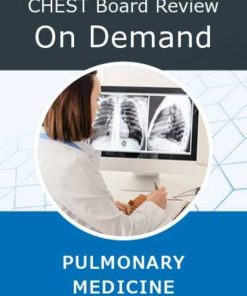
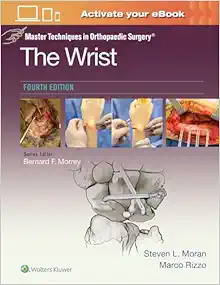







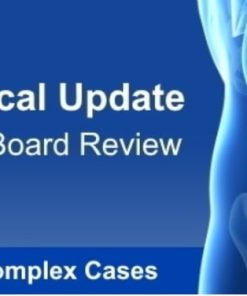








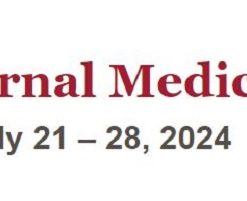
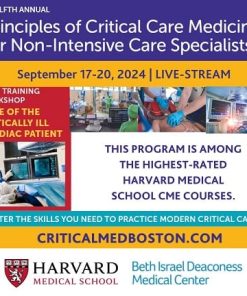

















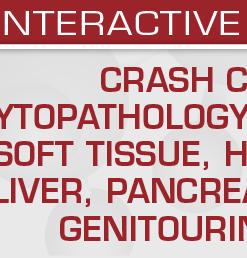







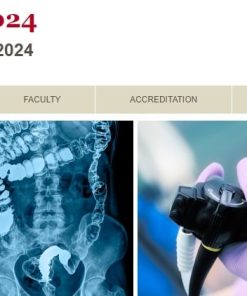





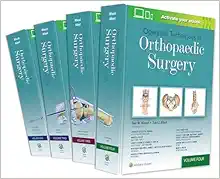


















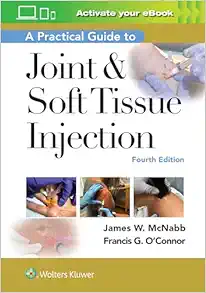

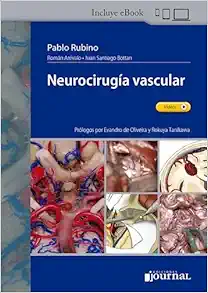
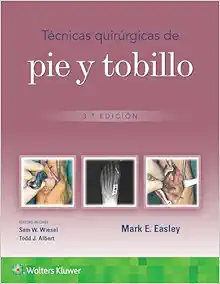
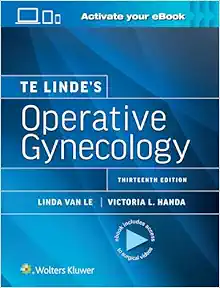




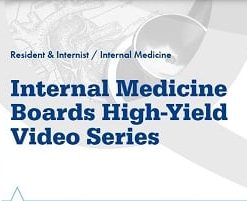












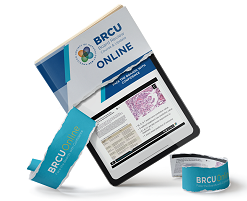

Reviews
There are no reviews yet.